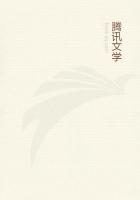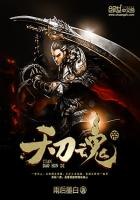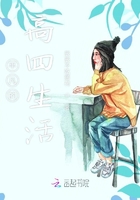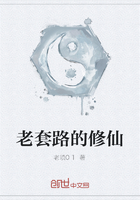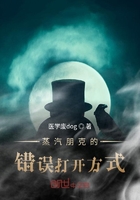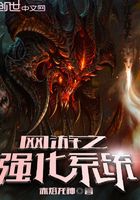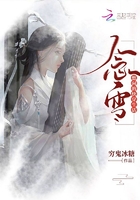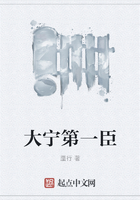[This concise and difficult sentence is not well explained by any of the commentators. Ts`ao Kung, Li Ch`uan, Meng Shih, Tu Yu, Tu Mu and Mei Yao-ch`en have notes to the effect that a general, though naturally stupid, may nevertheless conquer through sheer force of rapidity. Ho Shih says: "Haste may be stupid, but at any rate it saves expenditure of energy and treasure; protracted operations may be very clever, but they bring calamity in their train." Wang Hsi evades the difficulty by remarking: "Lengthy operations mean an army growing old, wealth being expended, an empty exchequer and distress among the people; true cleverness insures against the occurrence of such calamities." Chang Yu says: "So long as victory can be attained, stupid haste is preferable to clever dilatoriness."Now Sun Tzu says nothing whatever, except possibly by implication, about ill-considered haste being better than ingenious but lengthy operations. What he does say is something much more guarded, namely that, while speed may sometimes be injudicious, tardiness can never be anything but foolish -- if only because it means impoverishment to the nation. In considering the point raised here by Sun Tzu, the classic example of Fabius Cunctator will inevitably occur to the mind. That general deliberately measured the endurance of Rome against that of Hannibals's isolated army, because it seemed to him that the latter was more likely to suffer from a long campaign in a strange country. But it is quite a moot question whether his tactics would have proved successful in the long run. Their reversal it is true, led to Cannae; but this only establishes a negative presumption in their favor.]
6. There is no instance of a country having benefited from prolonged warfare.
7. It is only one who is thoroughly acquainted with the evils of war that can thoroughly understand the profitable way of carrying it on.
[That is, with rapidity. Only one who knows the disastrous effects of a long war can realize the supreme importance of rapidity in bringing it to a close. Only two commentators seem to favor this interpretation, but it fits well into the logic of the context, whereas the rendering, "He who does not know the evils of war cannot appreciate its benefits," is distinctly pointless.]
8. The skillful soldier does not raise a second levy, neither are his supply-wagons loaded more than twice.
[Once war is declared, he will not waste precious time in waiting for reinforcements, nor will he return his army back for fresh supplies, but crosses the enemy's frontier without delay.
This may seem an audacious policy to recommend, but with all great strategists, from Julius Caesar to Napoleon Bonaparte, the value of time -- that is, being a little ahead of your opponent --has counted for more than either numerical superiority or the nicest calculations with regard to commissariat.]
9. Bring war material with you from home, but forage on the enemy. Thus the army will have food enough for its needs.
[The Chinese word translated here as "war material"literally means "things to be used", and is meant in the widest sense. It includes all the impedimenta of an army, apart from provisions.]
10. Poverty of the State exchequer causes an army to be maintained by contributions from a distance. Contributing to maintain an army at a distance causes the people to be impoverished.
[The beginning of this sentence does not balance properly with the next, though obviously intended to do so. The arrangement, moreover, is so awkward that I cannot help suspecting some corruption in the text. It never seems to occur to Chinese commentators that an emendation may be necessary for the sense, and we get no help from them there. The Chinese words Sun Tzu used to indicate the cause of the people's impoverishment clearly have reference to some system by which the husbandmen sent their contributions of corn to the army direct. But why should it fall on them to maintain an army in this way, except because the State or Government is too poor to do so?]
11. On the other hand, the proximity of an army causes prices to go up; and high prices cause the people's substance to be drained away.
[Wang Hsi says high prices occur before the army has left its own territory. Ts`ao Kung understands it of an army that has already crossed the frontier.]
12. When their substance is drained away, the peasantry will be afflicted by heavy exactions.
13, 14. With this loss of substance and exhaustion of strength, the homes of the people will be stripped bare, and three-tenths of their income will be dissipated;[Tu Mu and Wang Hsi agree that the people are not mulcted not of 3/10, but of 7/10, of their income. But this is hardly to be extracted from our text. Ho Shih has a characteristic tag:
"The PEOPLE being regarded as the essential part of the State, and FOOD as the people's heaven, is it not right that those in authority should value and be careful of both?"]
while government expenses for broken chariots, worn-out horses, breast-plates and helmets, bows and arrows, spears and shields, protective mantles, draught-oxen and heavy wagons, will amount to four-tenths of its total revenue.
15. Hence a wise general makes a point of foraging on the enemy. One cartload of the enemy's provisions is equivalent to twenty of one's own, and likewise a single PICUL of his provender is equivalent to twenty from one's own store.
[Because twenty cartloads will be consumed in the process of transporting one cartload to the front. A PICUL is a unit of measure equal to 133.3 pounds (65.5 kilograms).]
16. Now in order to kill the enemy, our men must be roused to anger; that there may be advantage from defeating the enemy, they must have their rewards.
[Tu Mu says: "Rewards are necessary in order to make the soldiers see the advantage of beating the enemy; thus, when you capture spoils from the enemy, they must be used as rewards, so that all your men may have a keen desire to fight, each on his own account."]

